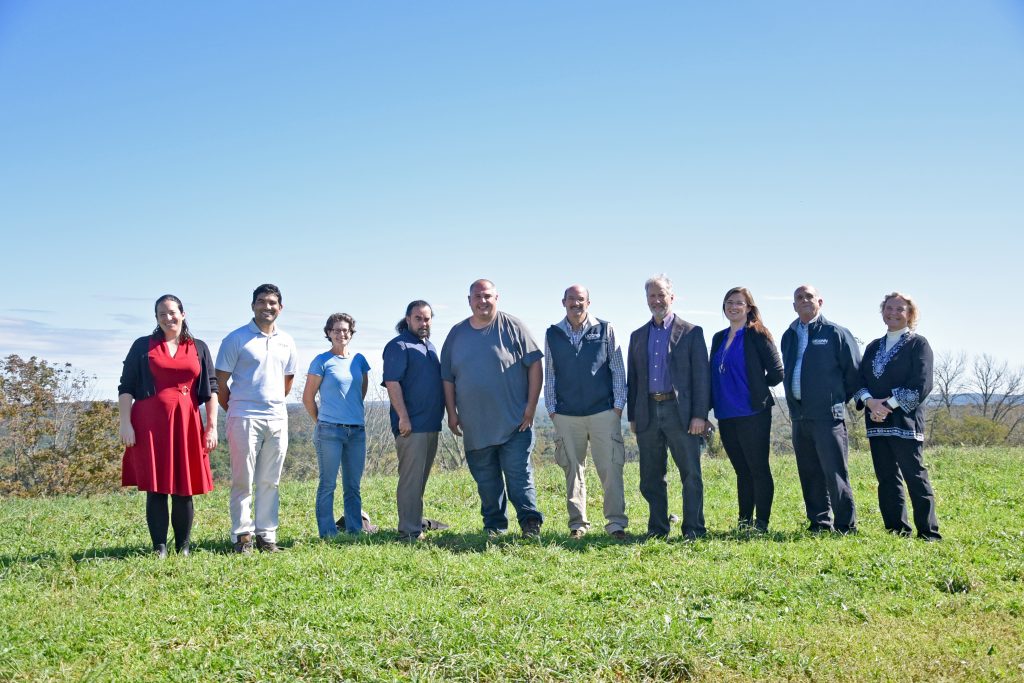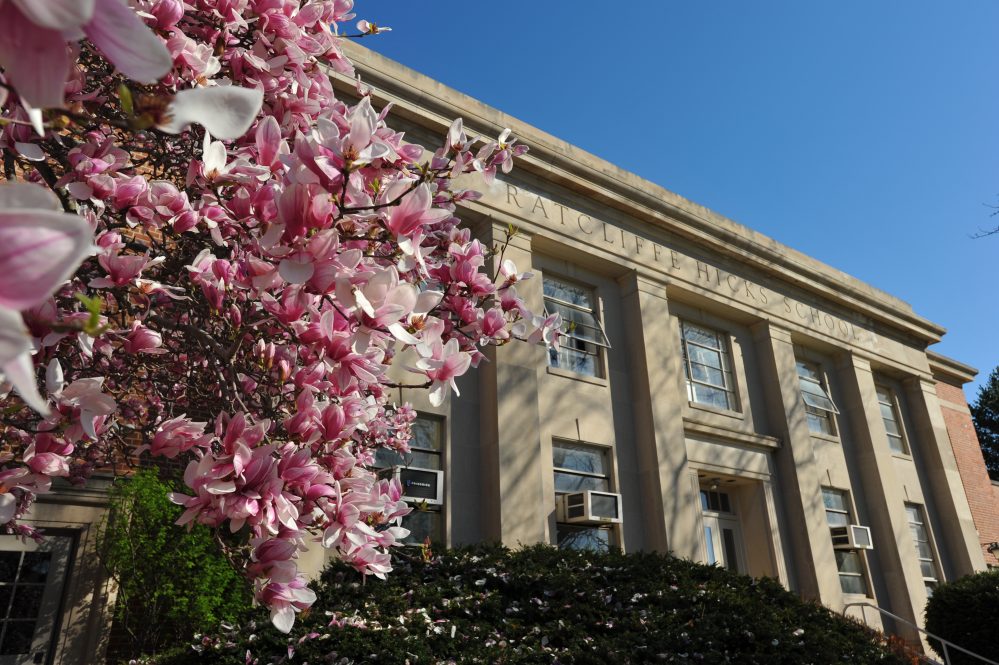A new initiative from UConn’s College of Agriculture, Health and Natural Resources will support the agricultural education of Native students through integrated financial, cultural, and academic programs.
Through a grant from the United States Department of Agriculture, the program will provide full scholarships for an initial cohort of three students starting in Fall 2022 and a four-person cohort starting in Fall 2023. Students will be recruited from Tribes across Southern New England.
The students will enter a two-year program in the Ratcliffe Hicks School of Agriculture. Ratcliffe Hicks offers associates degrees as well as other certifications in agricultural fields. Students in the program will gain the technical skills necessary to work in careers in agriculture and/or continue their education to earn a four-year degree.
Historically, Native Tribes serve as stewards of the land on which they resided. This relationship has been disrupted by centuries of detrimental U.S. policies that have displaced Native and Indigenous peoples from their lands, including those that helped found land grant universities like the University of Connecticut.
Native and Indigenous students make up the lowest proportion of any racial/ethnic group at UConn, with only 0.1% of students identifying as Native or Indigenous.
We’re trying to cultivate this community and sense of belonging while also talking about what it means to be an Indigenous scholar in the university environment — Kaylee Mootz
“Native students have been historically underrepresented and underserved at UConn,” says Kaylee Mootz, program coordinator for UConn Native American Cultural Programs (NACP). “Now this project is an opportunity to bring in Native students specifically and show them we do want them at UConn, and we have space and support for them.”
While Tribal Colleges in other parts of the country provide Native and Indigenous students with educational and community-building opportunities, no such colleges exist in the northeast.
The impetus for this program was an observed and stated need from Tribal communities in Connecticut. Members of Tribal communities have expressed interest in industries such as fishing and wildlife management, food sovereignty, clean water initiatives, reclamation of forest land, and climate sustainability. However, Native and Indigenous people often lack access to the education and training necessary to enter these fields.
Agricultural industries, generally, lack trained experts. Current estimates find that there will only be enough graduates with agricultural degrees to fill 60% of open positions in these fields. Furthermore, those identifying as Native American operate just 5.6% of American farmland, highlighting the lack of diversity in the industry.
“We see a connection between those two things,” says animal science lecturer Amy Safran. “Students have an interest in these areas, and there are jobs available.”
The curriculum developed through this program will teach students the skills necessary for these jobs through an Indigenous framework. This approach to food and sustainability education emphasizes the connections between people, plants, animals, and the land on which they reside.
CAHNR researchers, including Joseph Bonelli and Shuresh Ghimire, who are both investigators on the grant, have worked with Connecticut’s Native Tribes for their research and extension outreach. They are leveraging these relationships to help establish a network for recruiting students and gaining valuable input from Tribal leaders.
The UConn investigators on this project are working closely with Tribal leaders in Connecticut including those from the Mohegan and Mashantucket Pequot, Nipmuc, and Golden Hill Paugussett Tribes.

“All of these processes and practices will involve a lot of coordination,” says Cristina Connolly, assistant professor of agricultural and resource economics and principal investigator on the grant.
The program will also work closely with the NACP to provide students with the cultural and community support systems they need to succeed. This collaboration includes a First-Year Experience course for students in this program and other Native and Indigenous scholars starting at the University.
“We’re trying to cultivate this community and sense of belonging while also talking about what it means to be an Indigenous scholar in the university environment,” Mootz says.
The program will provide students with weekly mentoring meetings with advisors and other students in their cohort. The faculty in Ratcliffe Hicks will help connect students to summer internships and other opportunities to help them explore their interests. The program will also help students learn time management, leadership, and communication skills necessary for success beyond their time at UConn. The program will also include a monthly seminar series by Native and Indigenous scholars.
“We want to show that a Native framework should be built into how we as practitioners approach problems,” Connolly says. “We want to change the culture at UConn to be more inclusive.”
Visit the CAHNR website to learn more about the New Beginnings for Students of the Tribes of Southern New England program.
Follow UConn CAHNR on social media



